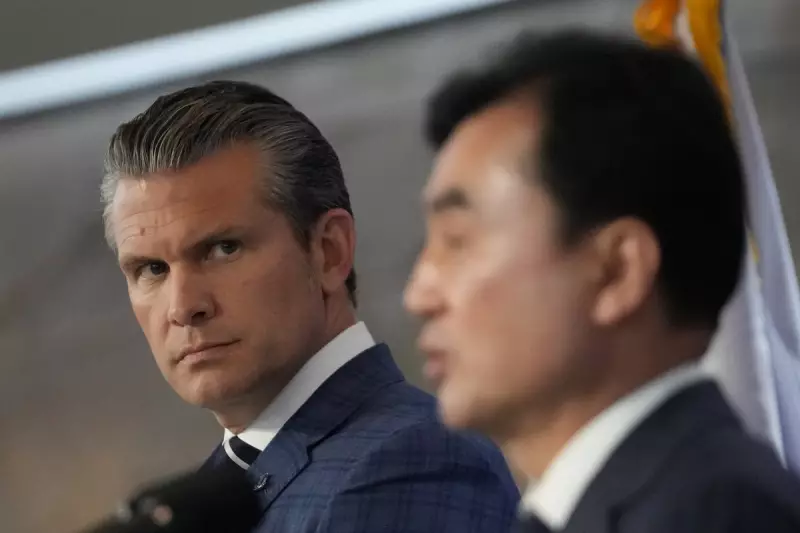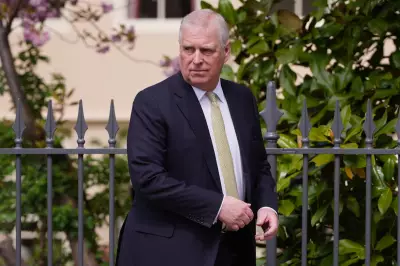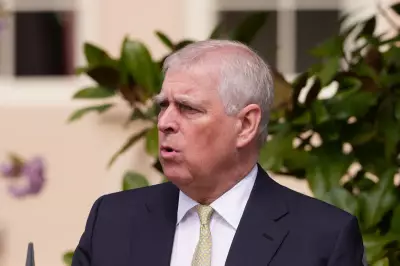
Fox News host Pete Hegseth has sparked international controversy and diplomatic concern after making wildly inaccurate claims about North Korea's nuclear capabilities during a prime-time broadcast.
What Exactly Was Said?
During a discussion about global security threats, Hegseth asserted that if North Korea were to detonate a nuclear weapon, the resulting radiation could reach Seoul, South Korea's capital. The statement immediately drew criticism from experts and officials familiar with the region's geography and nuclear science.
Why This Claim Is Scientifically Wrong
The fundamental error in Hegseth's statement lies in basic physics and geography. Nuclear radiation doesn't travel hundreds of miles through the atmosphere in the manner suggested. Seoul lies approximately 120 miles from the North Korean border, making such radiation spread scientifically impossible under normal detonation circumstances.
Nuclear weapons expert Dr. Jeffrey Lewis of the Middlebury Institute of International Studies called the claim "nonsense," explaining that "fallout depends on wind patterns and the height of the burst, but the idea that a test would generate dangerous fallout in Seoul is just wrong."
Political Fallout in South Korea
The comments have generated significant concern in South Korea, where opposition leader Lee Jae-myung's party has seized on the incident. "This kind of irresponsible reporting from a major international news network creates unnecessary panic and misinforms the global public," a party spokesperson stated.
South Korean officials have expressed frustration at what they see as sensationalist coverage of security issues that affects international perception and could potentially impact diplomatic relations.
Pattern of Controversial Statements
This isn't the first time Hegseth has faced criticism for inaccurate statements:
- Previous controversial comments about military matters
- History of making unsubstantiated claims about international affairs
- Multiple instances of being fact-checked by media watchdogs
Broader Implications for Media Responsibility
The incident raises important questions about the responsibility of major news networks when discussing sensitive international security matters. Experts worry that such misinformation could inflame tensions and mislead viewers about genuine threats in the region.
As one diplomatic source noted: "When discussing nuclear capabilities of volatile nations, accuracy isn't just about good journalism - it's about global security and stability."





